Podcast: Play in new window | Download
Subscribe: Apple Podcasts | Spotify | RSS
- What Yes songs are on the calm side?
- Are there parts of other songs in this category as well?
- Do they work?
Let us know if you agree with us!
Check out the progress on my other podcast – https://anthem52.com/
The ‘Quiet’ Playlist:
Support the Fundraiser!
Yes – The Tormato Story
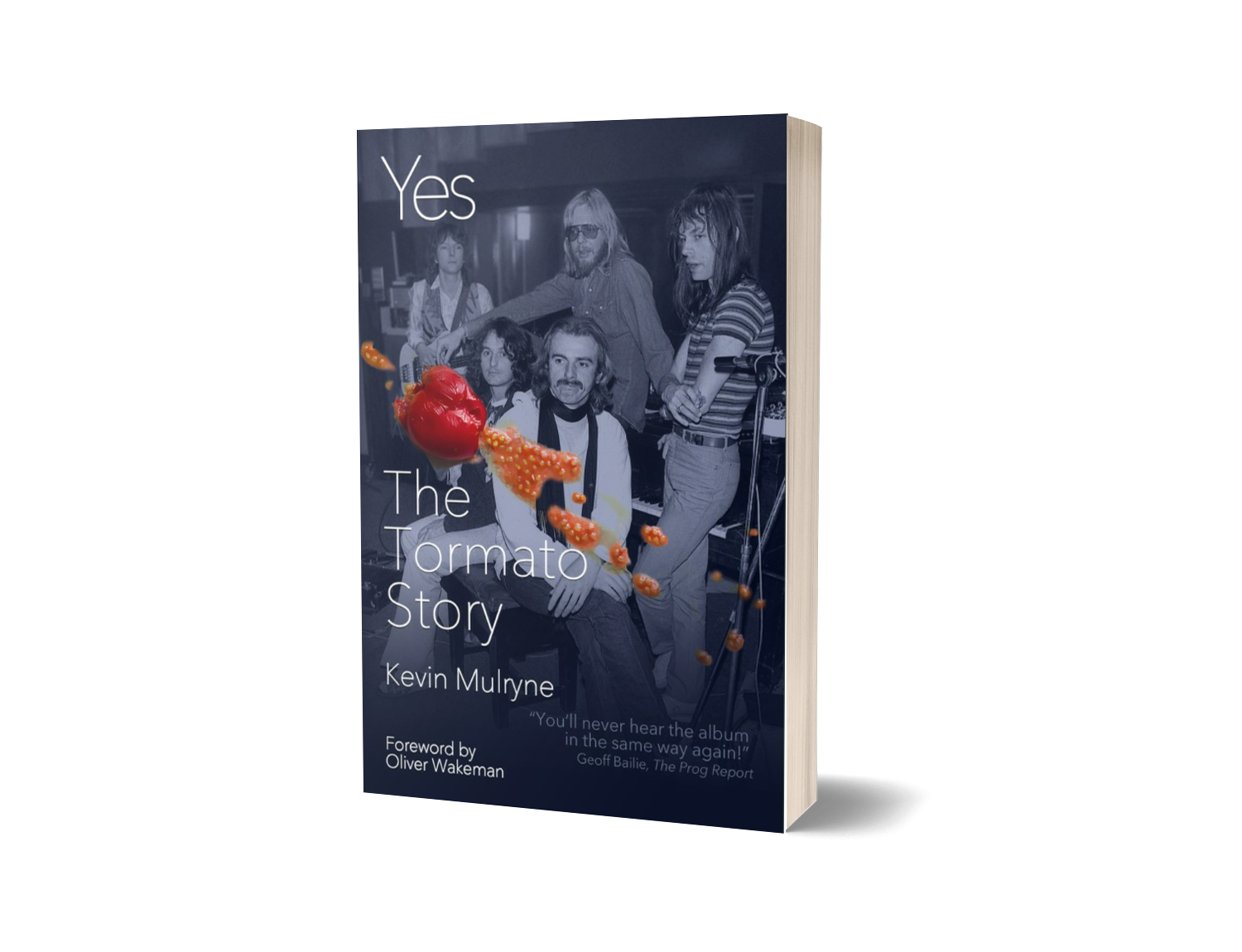

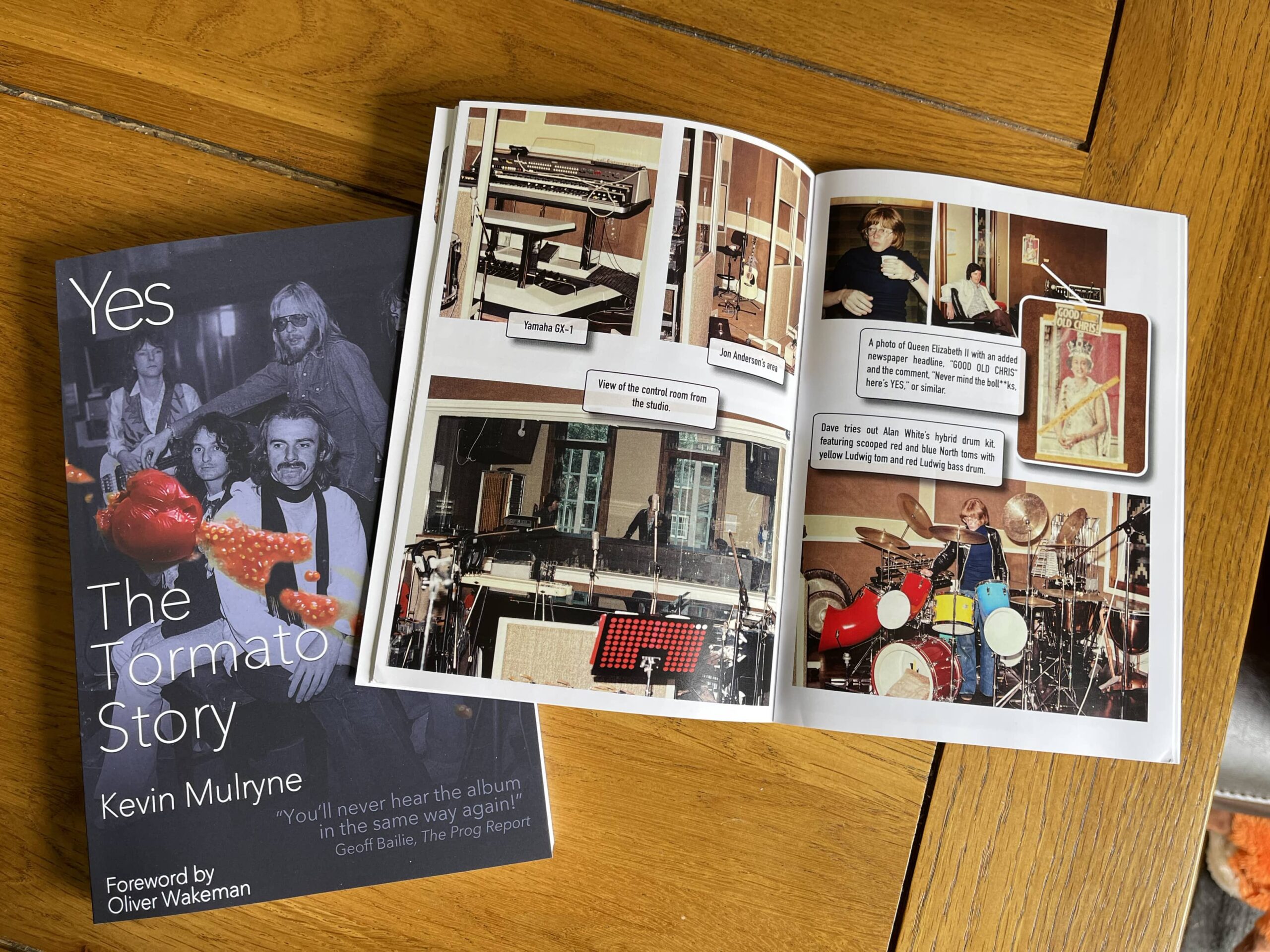
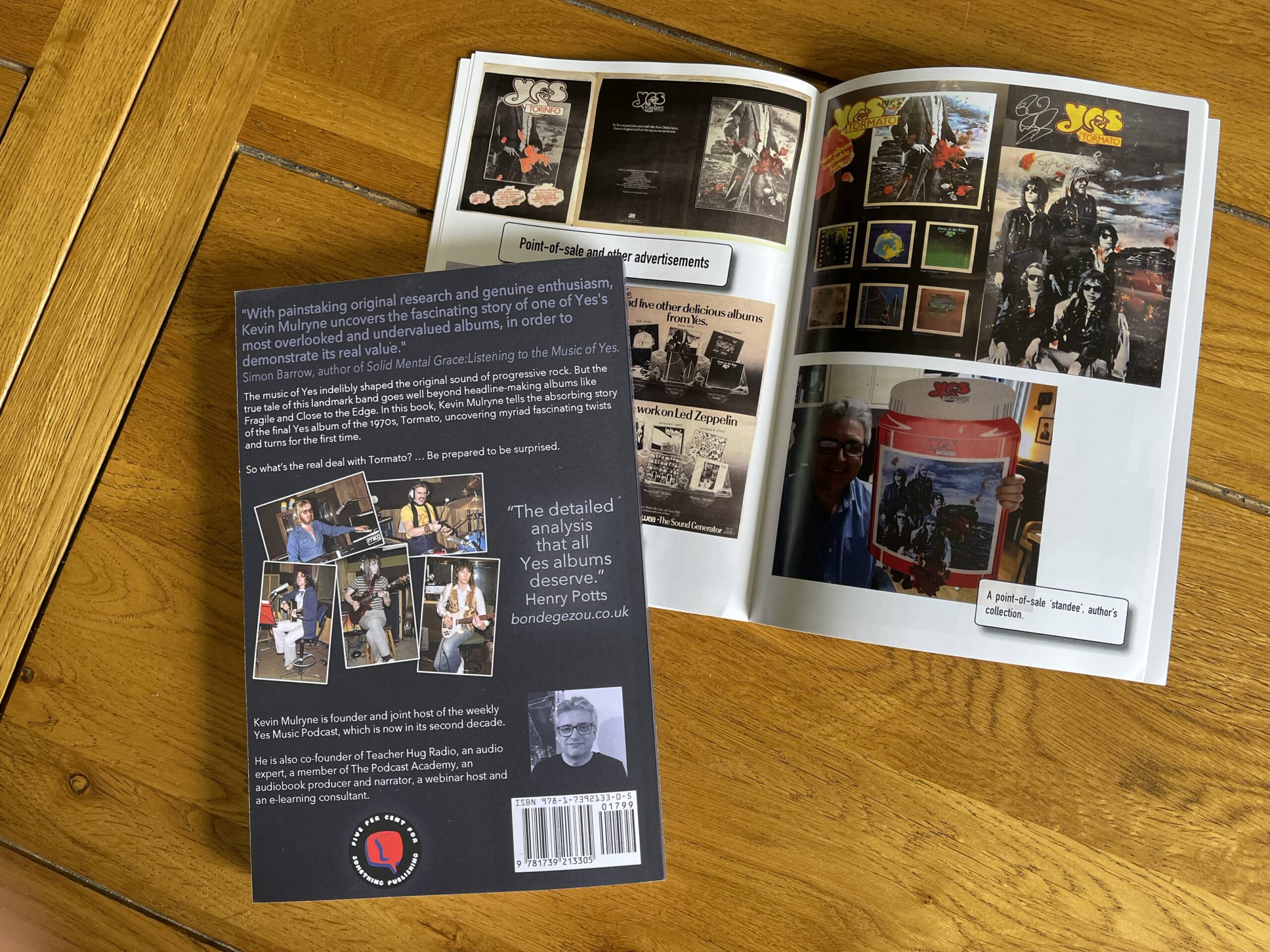
Available now!
YMP Patrons:
Producers:
- Joseph Cottrell
- Ken Fuller
- Jeffrey Crecelius
Patrons:
| Jim Morrison | Jon Pickles | Declan Logue |
| Gary Betts | Alan Begg | Michael Handerhan |
| Barry Gorsky | Steve Perry | Doug Curran |
| Martin Kjellberg | Todd Dudley | Rachel Hadaway |
| Lind | Paul Hailes | Craig Estenes |
| Mark James Lang | Steve Rode | David |
| Bob Martilotta | John Holden | Stephen Lambe |
| Dem | Fred Barringer | Scott Colombo |
| Chris Bandini | David Heyden | John Thomson |
| Mark Baggs | John Cowan | John Parry |
| Dave Owen | Simon Barrow | Steve Scott |
| Terence Sadler | Steve Dill | Robert Nasir |
| Fergus Cubbage | William Hayes | Geoff Bailie |
| Steven Roehr | Lobate Scarp | Geoffrey Mason |
| David Watkinson | Tim Stannard | Robert Vandiver |
| Brian Sullivan | David Pannell | Jamie McQuinn |
| Miguel Falcão | Paul Tomei | Michael O’Connor |
| Brian Harris | Hogne Bø Pettersen | Guy DeRome |
| Aaron Steelman |
Our (not really) new Facebook YMP Discussion Group is open to anyone to join but I’ll be adding rules and joining requirements when I have time (one day…). One of the advantages of the new format is that all members of the group have the same ability to post content, so it’s a bit more egalitarian, or somesuch. Please do search for the group and join in.
https://www.facebook.com/groups/3216603008606331/
Please follow/subscribe!
If you are still listening to the podcast on the website, please consider subscribing so you don’t risk missing anything:
Theme music
The music I use is the last movement of Stravinsky’s Firebird Suite. This has been used as introduction music at many Yes concerts. My theme music is not take from a live concert – I put it together from: archive.org
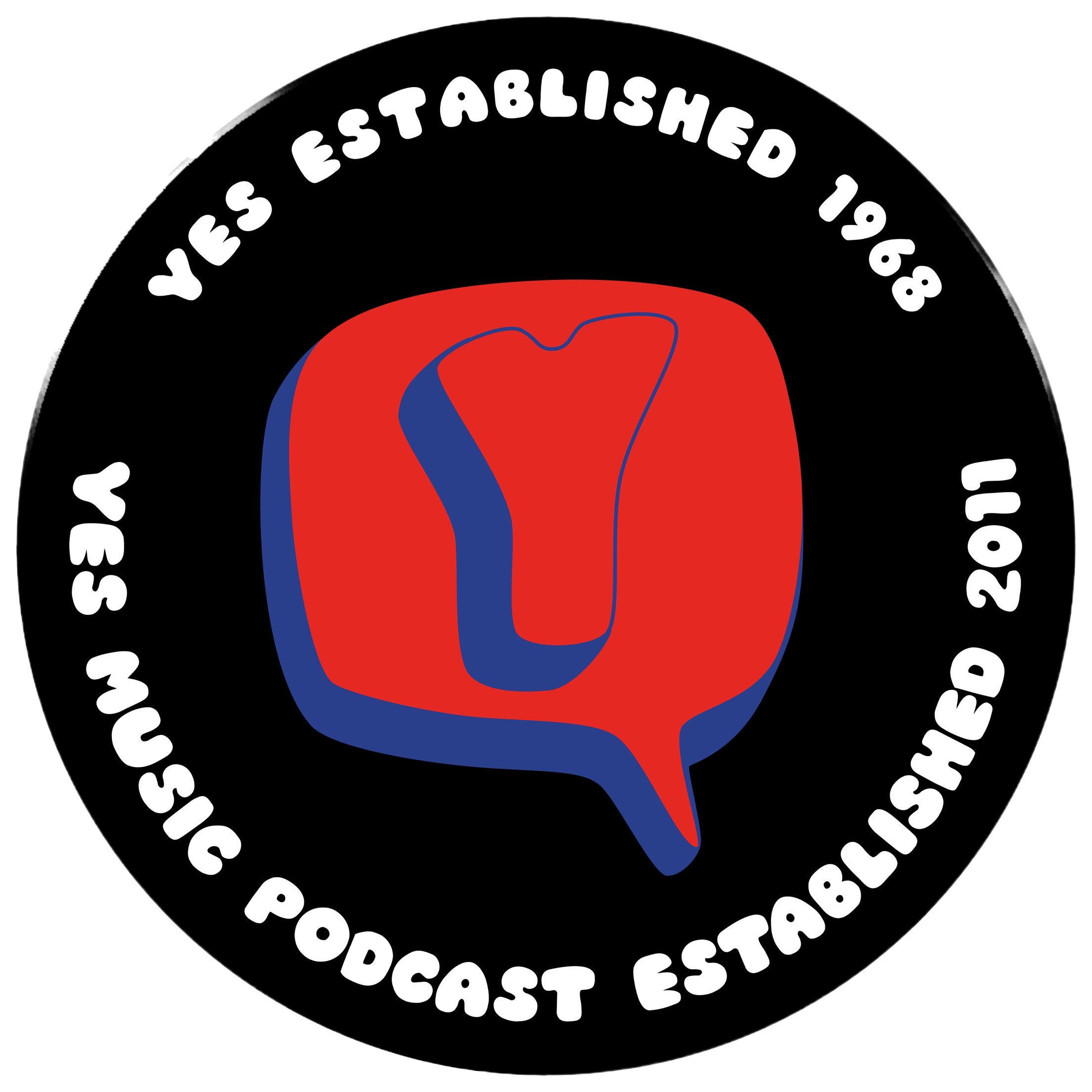
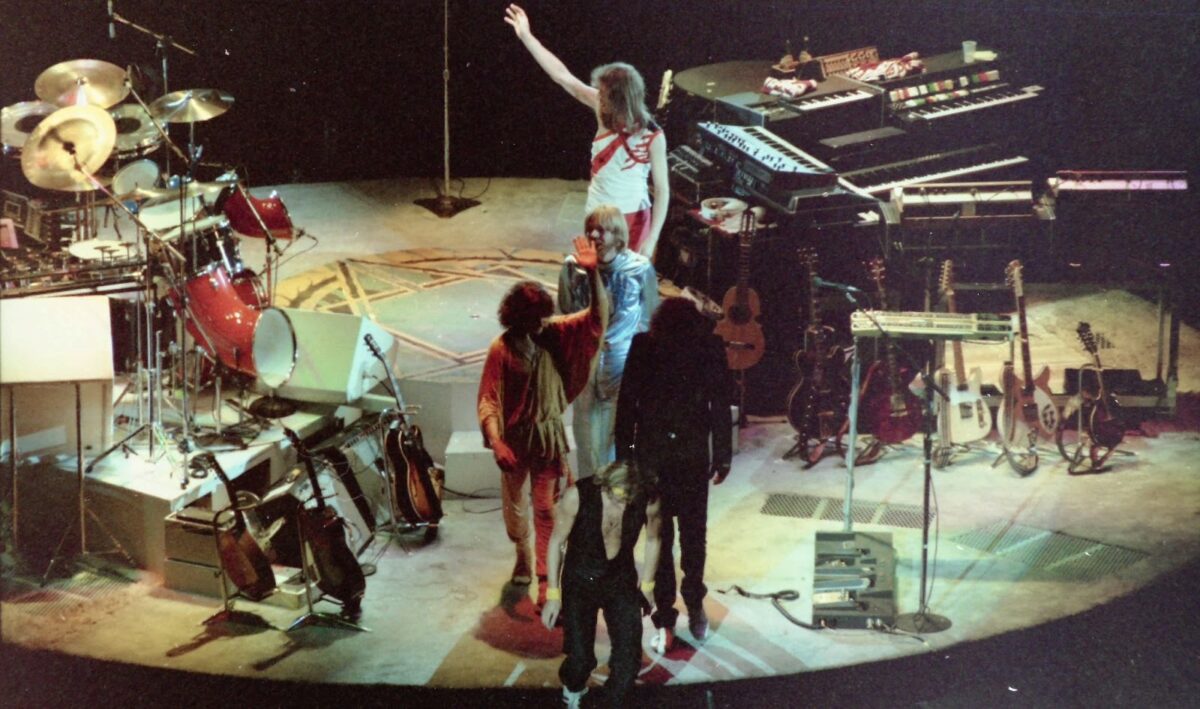
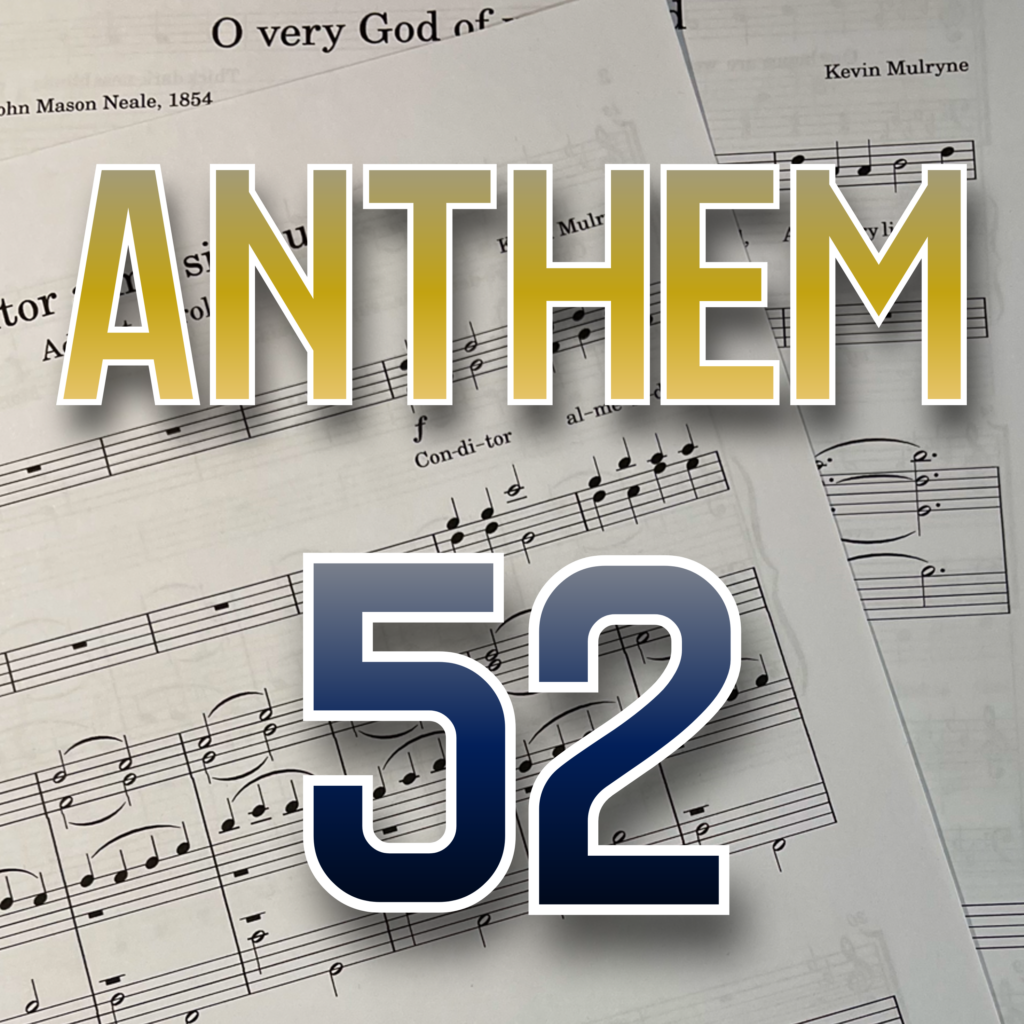
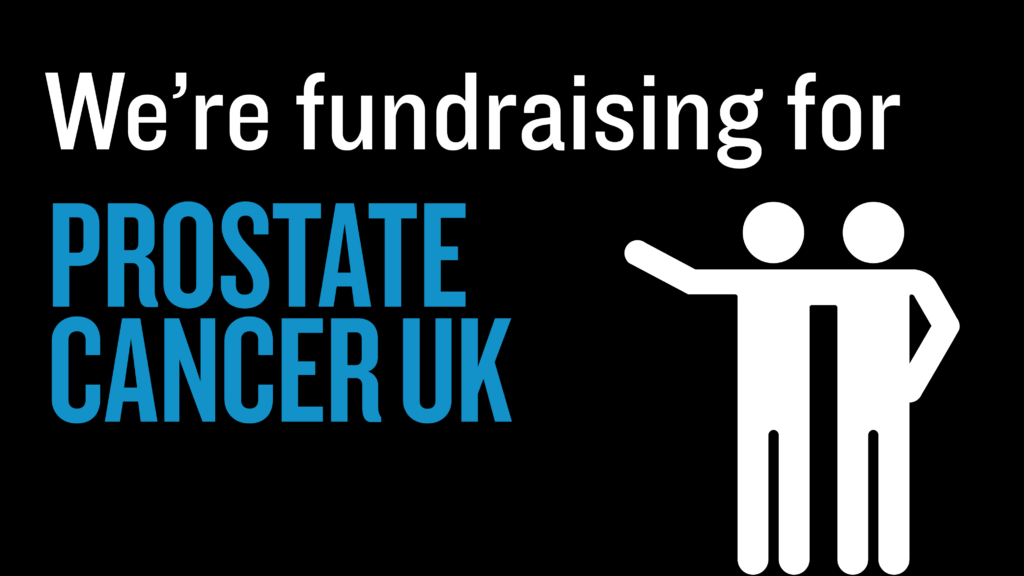
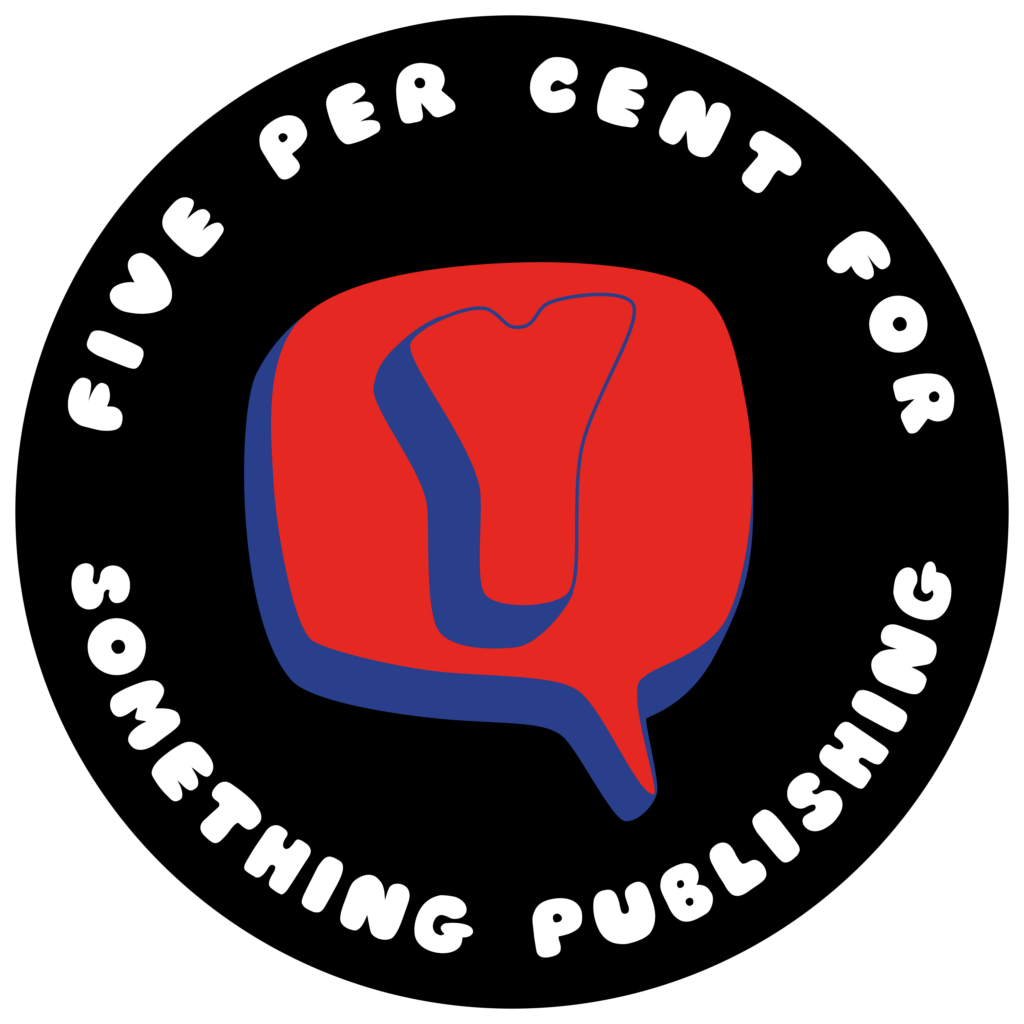



7 replies on “Shhhh – quiet Yes songs – 614”
Good stuff. Totally agree on TBO – what an amazing ending to Relayer. Nine Voices is also great. You sent me back to the first album to listen to Sweetness again, but despite some of the elements you mention (fine bass work by Squire etc.), it still seems too sugary for my taste. I believe Bill Martin in his book Music of Yes made a similar point about the dynamic contrasts in the longer Yes pieces, which so few bands could conceive of, let alone pull off.
P.S. I’m surprised you didn’t mention Awaken, which is an extension and expansion of To Be Over in a way, isn’t it?
Thanks to Kevin and Mark for coming up with yet another interesting angle from which to view Yes music.
I’m a big fan of the lush, ambient passages that provide contrast in the midst of the larger-scale compositions of the 70s. Leaving aside the entire songs that are quieter, to me, the three quintessential examples are two that you mentioned – in Close to the Edge and The Gates of Delirium – and one that didn’t come up in your discussion: the middle section of South Side of the Sky (the original studio version).
Since the day I first heard it in 1972, I’ve found the South Side passage astonishing in multiple ways, including its sheer beauty, its innovation, and it’s evocative-ness suggesting the euphoria of being holed up in the snowy mountains, having found “somewhere we can lie,” contemplating the “cold when you die.” There is no passage of Yes music comparable to it and I seriously doubt there’s been anything of the kind in the music of other bands (unless perhaps in Yes-influenced efforts that I haven’t discovered). The vocals are so delicate that it’s no wonder the band avoided trying to play it live for so long.
For The Gates of Delirium, it’s the ambient instrumental passage just before Soon that I’m thinking of most (just after the victory march that follows the battle scene). Very beautiful but also unique.
And of course I’m right there with Kevin on the “dripping cave” passage, as we might now call it. Beautiful, evocative, and unique.
So … among other fine examples, I would offer up these three – South Side of the Sky, Close to the Edge, and The Gates of Delirium – as the trifecta, the finest examples of this kind of passage in Yes music. (My “two pence.”)
All the best,
Greg
Angkor Wat Cambodian lyrics:
https://www.azlyrics.com/lyrics/yes/angkorwat.html
Can’t confirm the translation is correct, but maybe someone else can.
Guy
Thanks Kevin and Mark, love this topic. Lots to choose from. A correctly executed Turn of the Century has always been at the top of the list for me. Don’t love the recording quality of the GFTO album so I’ve scoured all of my different live recordings to find the best version. A lot of time when performed live, they muddy up the middle, but think the 6/22/2004 show in Paris is the best example I can find. Encourage everyone who has access to that recording to give it a listen and let everyone know what you think. All the best, thanks!!
Kevin, at last you find it within youself to see some worth in “To Ascend”. Always a higlight for me Yes’s most underloved album (OK it’s not great but it’s not all dreadful either).
I enjoyed this slightly different way of analysing Yes music. Have you thought about any others – for example the (admitedly few) oments when Yes play something more akin to straight ahead rock (the final section of “All Good People” and, oh, hang on a minute …)
Thanks for yet another brilliant episode and in particular for championing “Angkor Wat”. It’s a collage that I particularly love. I’m an outlier in my appreciation for Union as a whole, but I adore in particular the way “Angkor Wat” fits between the steady power of “The More We Live” and the nervous energy of “Dangerous”.
Perhaps the whole album is a collage, with 180-degree shifts in style as the authorship of the pieces rotates, rather like The Beatles “White Album”. Looked at that way, you can cherish the oddities and contrasts, and “Angkor Wat” is easy to appreciate from that angle.
As you predicted, someone, me as it happens, is commenting in the shownotes to declare that Rick Wakeman definitely plays on it. He may not have known he was playing on it, but I think he does, and here’s why I think so.
In the first 15-20 seconds of the song there’s a series of percussive sounding downward keyboard arpeggios. They’re more like little cascades of falling explosions than anything melodic.
On this live version of “Journey To The Centre of the Earth” from 1990, he plays a very similar figure on top of a similar soundscape https://youtu.be/O8KqShLpk0Q?si=tsSzLcYqsi0hgy1G&t=1783
I think that doing this was one of his party tricks at the time, and in an interview with Jonathan Elias he told Henry Potts that “Rick had three or four parts that he would play, the same thing on everything.”
I suspect that this figure was one of those parts and that Elias captured it and used it on “Angkor Wat” when assembling it with Jon Anderson.
I thought I immediately recognised it when I saw the Wakeman live video early in 1992. I’m not so sure now, having examined the evidence for the first time in over 30 years!
Anyway, whoever’s on it, “Angkor Wat” is a thing of beauty.